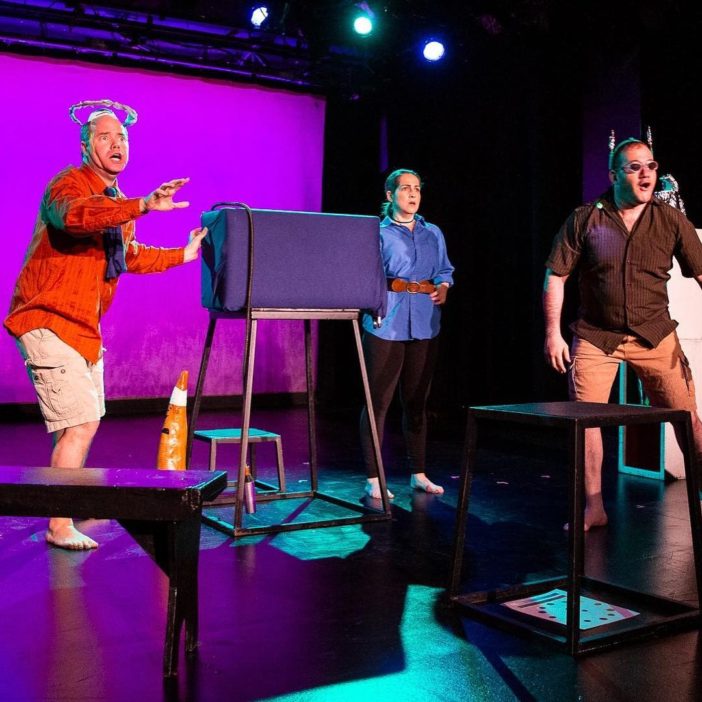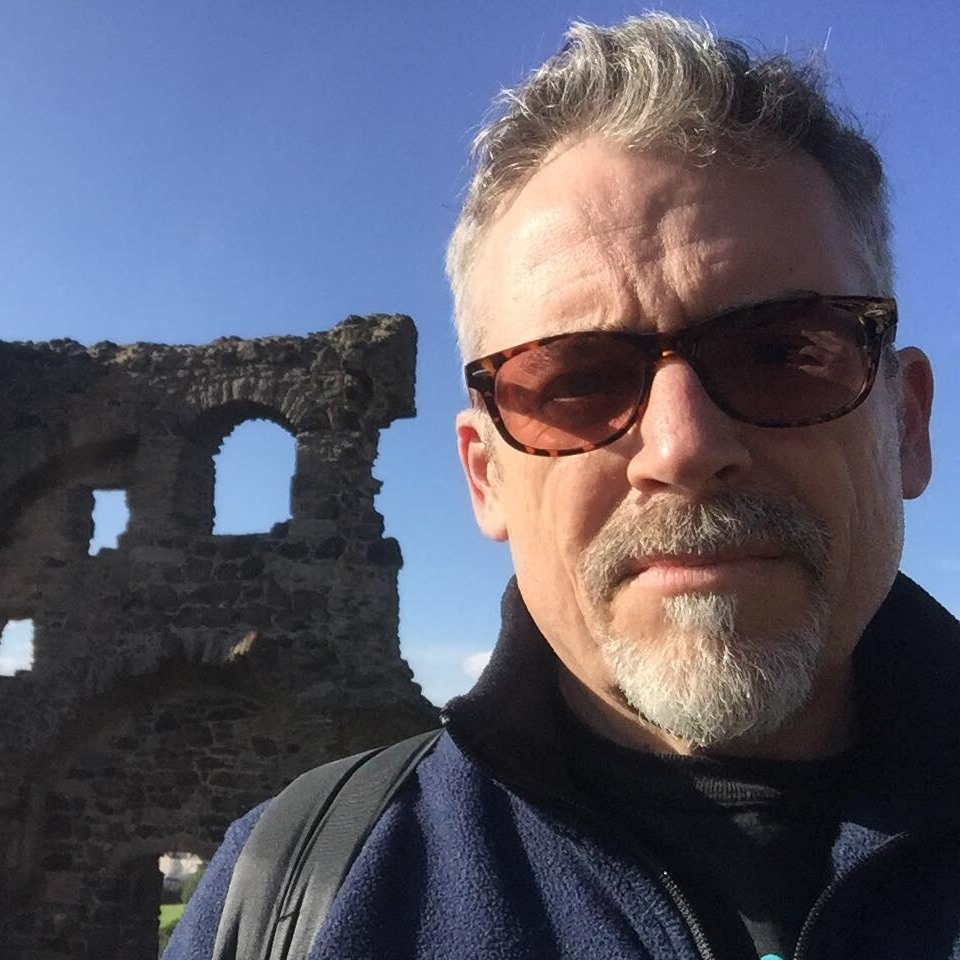I first began working with playwright John Minigan on a shared project — #CodeRedPlaywrights — Responding to gun violence. We’ve shared various playbills, and he’s one of those readers I trust with my ugliest, roughest, wartiest drafts of new work. John feels like a close friend, even though… We’ve never had the opportunity to meet in real life. Hopefully soon! So, John…
What inspires your creativity?
John Minigan: *Gestures at the world*
My biggest interest, at least in the last 10 years or so, has been the intersection of the personal and the political. So often our politics are at the level of that annoying college roommate who loves to play devil’s advocate. What I’m more interested is in the impact of the political on individual lives.
And I find I get really engaged when I have two ideas that don’t seem to connect. The energy of those separate ideas bouncing off each other gets me writing to figure out why they are so desperate to work together.
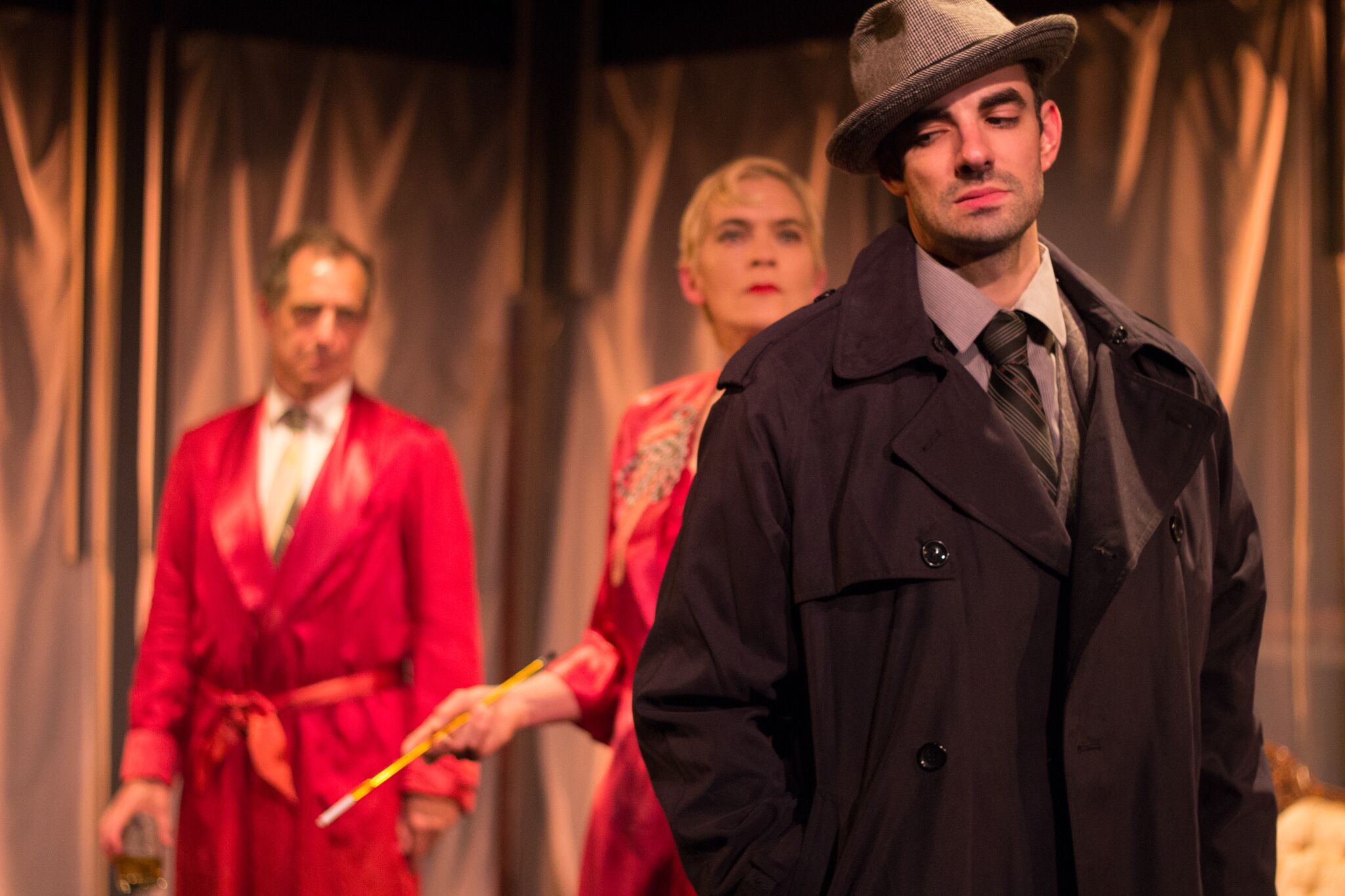
Tell me about what you’re working on now.
So many projects. Because of the pandemic, there are several full-lengths that I’d love to get into workshop or production, but not much of that’s happening, so they feel a bit backed up and therefore still in-process. My newest full-length is a piece about the dangers of belief. It’s the story of Jordan, a gifted federal agent who goes undercover in an apocalyptic religious community and the fallout of her attempt to do the right thing, even though it defies what her superiors want.
I’m also really happy about a new commission for a short audio piece for a big Boston theater. Very cool project that hasn’t been announced yet, but I’m excited by the parameters of the piece, which will involve a lot of really specific Boston research. A great excuse to pound the pavement in Boston to think through ideas.
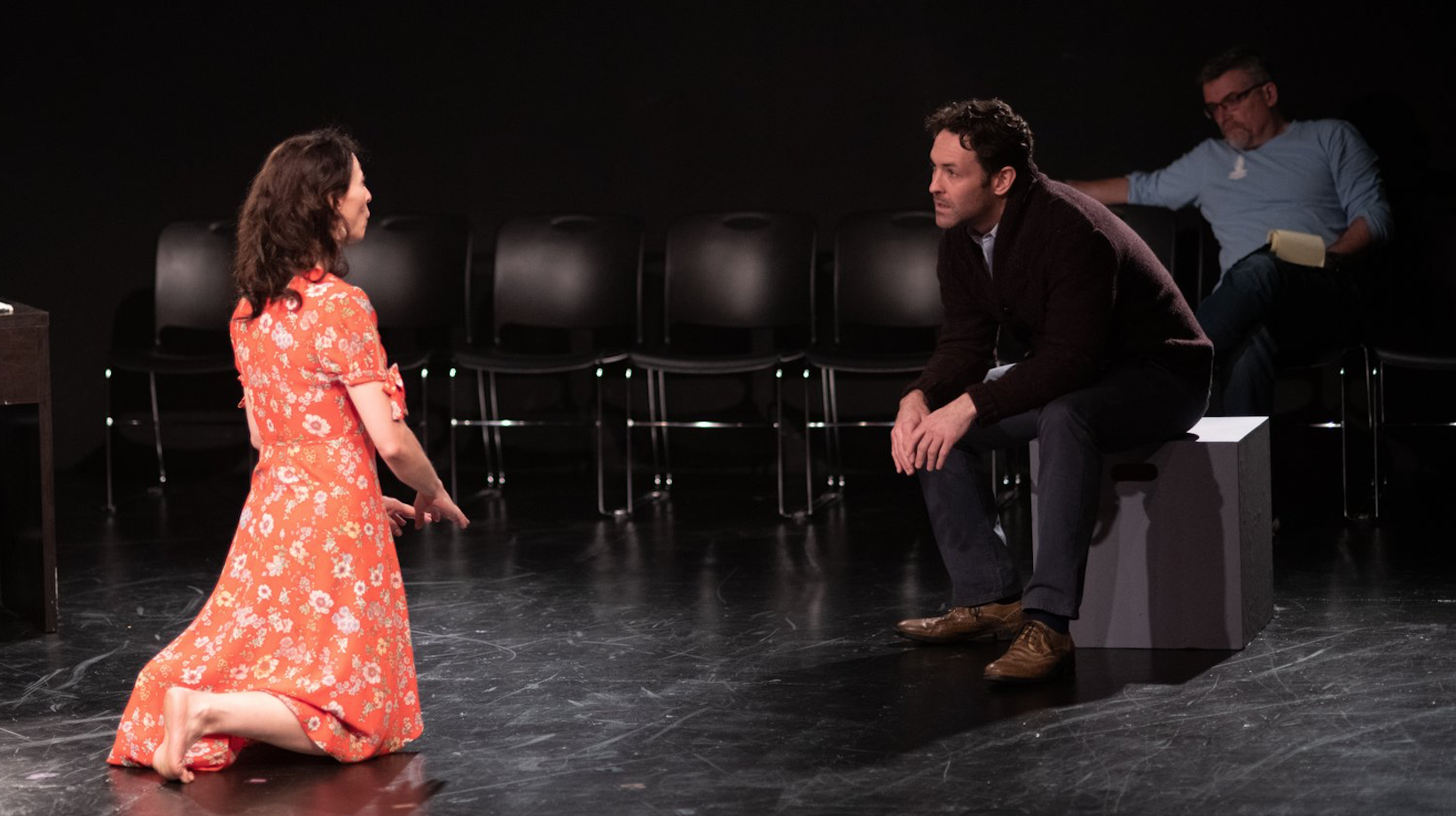
Are there any surprises — or setbacks — That have fueled your craft?
I was a full-time high school teacher running a busy after-school drama program up until just under three years ago. It meant that I only had time to write during July and August, so I had to really consistent about writing for those two months in order to get anything done. Now that I’m teaching part-time, I’ve mostly maintained that habit of writing really consistently.
What do you do for a living, and does that play into your artistic life?
I retired from my gig as a full-time high school teacher of mostly theater and Shakespeare in 2018, and lots of years immersed in so much drama – in the texts and in the building! – have had a huge effect. Shakespeare, in particular, has been for years the wallpaper of my brain, and my two most-produced full-lengths as well as my most “awarded” though still unproduced full-length are all “Shakespeare adjacent.” And the other huge influence of that gig on my artistic life comes from work on the twenty or so devised plays I created my students—a mix of 40-minute one-acts and full-lengths. The process of developing story and character through improv and discussion has led me to treat all of my work as really fluid. I’m good about tossing stuff out because that process taught me that there’s always more material to waiting to come forth.
I’m currently teaching part-time: Playwriting and Shakespeare (and have taught Adult Acting) at the Hanover Theatre Conservatory and Theater Education to grad students at Emerson College.
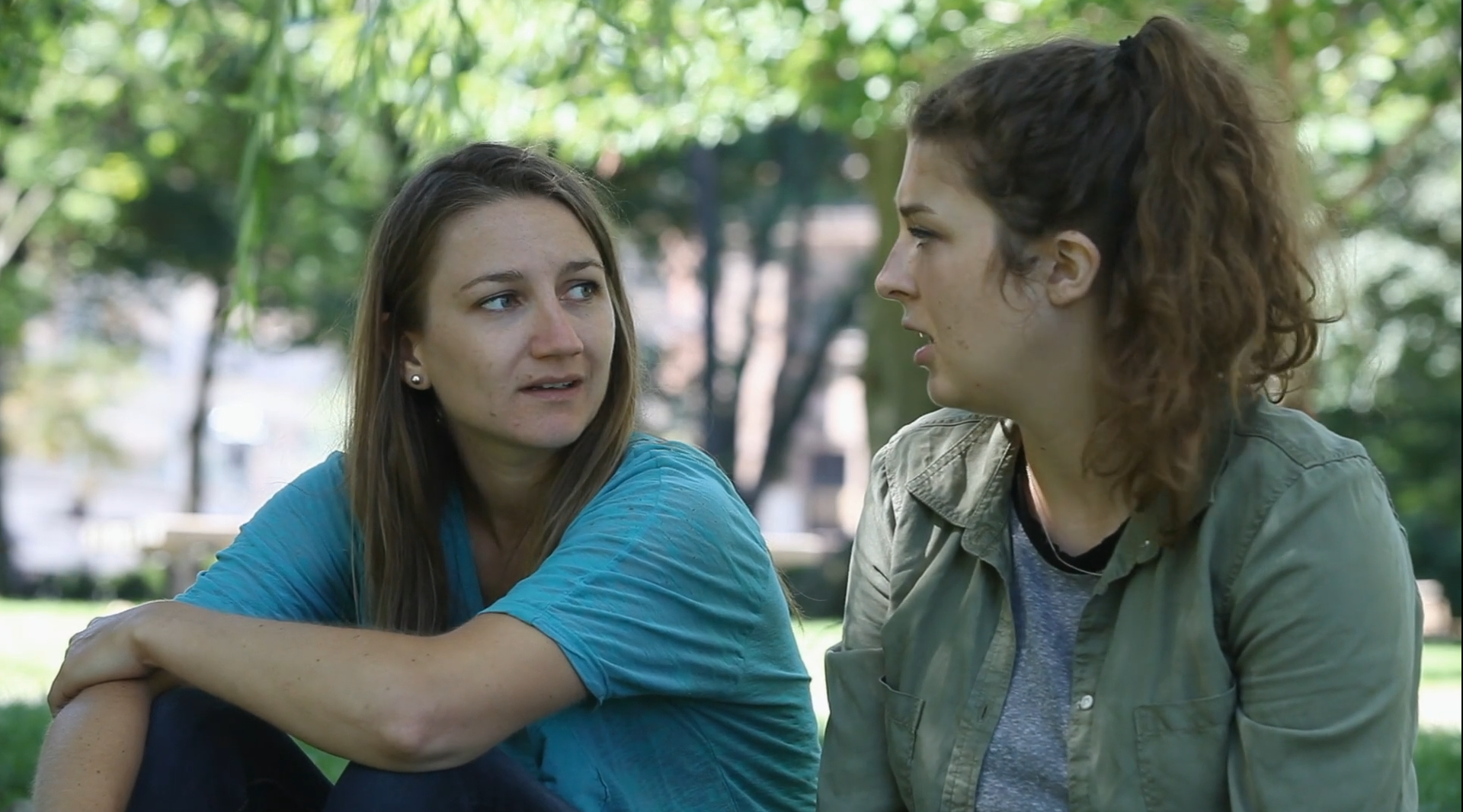
What’s the earliest memory you have of the arts? Music, dance, theatre, visual art — Whatever!
Way back when I was in single digits, my uncle was a custodian at St. John’s Prep, an elite private school with an incredible theater program, and he often brought us to shows. The first two I remember were a stage version of The Hobbit and, most memorably, Thornton Wilder’s The Skin of Our Teeth. Both were wild, hugely theatrical and entertaining – pretty spectacular, and influential because I was so young when I saw them. I’m nowhere near that kind of work yet. But I have Goals.
Looking to 2021, what do you feel most excited about creatively?
I have the sense that, maybe not in 2021, but soon after, we will be back in theaters, and what I’m really missing is collaboration with other artists. 2019 was my first year past full-time teaching, and there was so much collaboration: a week-long workshop at Portland Stage, another week at PlayLab at the Great Plains Theater Conference, and two busy and blissful weeks working on and in of my shows at the Edinburgh Fringe.
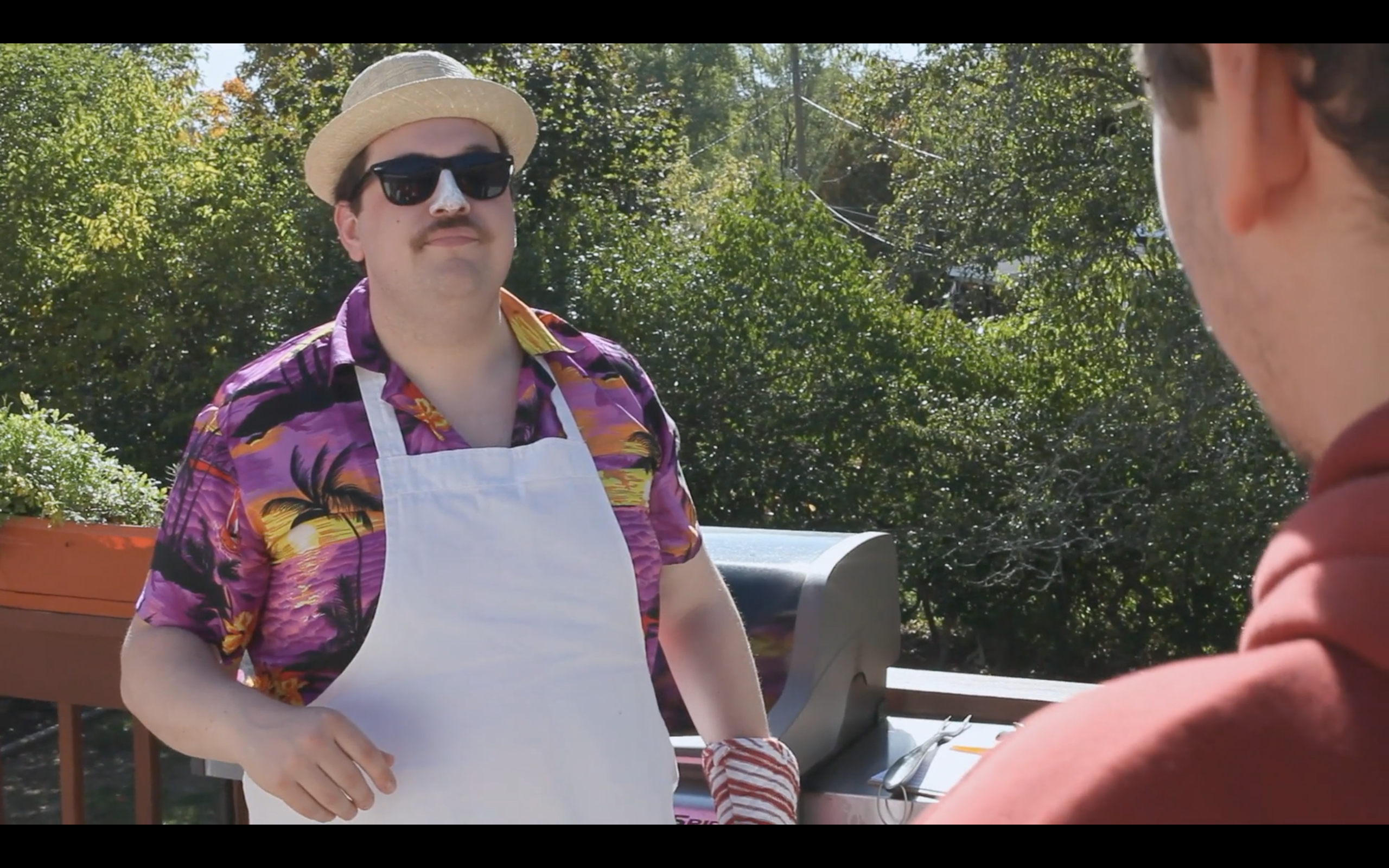
How do you balance creative life and all of the rest of it?
I write every morning and then mostly “leave it alone” for the rest of the day. I’m lucky to be one of a vanishingly small number of Americans who was in a profession with a pension, and it is amazing to have the gift of time I didn’t have in my 35 years in the classroom.
What’s it like making art in your community? Tell us about Boston!
Boston is SO interesting. My own journey as a Boston writer (or Boston-ish, since I live 20 miles out of the city) has shown me that despite playwrights having a lot of avenues for support, it’s also a kind of balkanized theatrical community, where efforts/recognitions/successes in one area, program, or venue won’t necessarily translate. I’ve had a major, well-funded state playwriting fellowship for the past two years, a year-long writing fellowship at a professional theater in town, two full-lengths produced in Boston nominated by the Boston Theater Critics’ Association for the award for the best new script, etc., yet I still feel very much on the margins as an artist in town. It feels like, in Boston, you can be both “recognized” and “invisible” at the same time.
Having said that, playwrights in town are very supportive of one another. There are lots of active writers’ groups, and events like the Boston Playwrights Theatre’s Boston Theater Marathon, the Open Theatre Project’s Slam, and others that provide venues for new work on the fringe, even while larger theaters are reluctant to look to locals for new work.
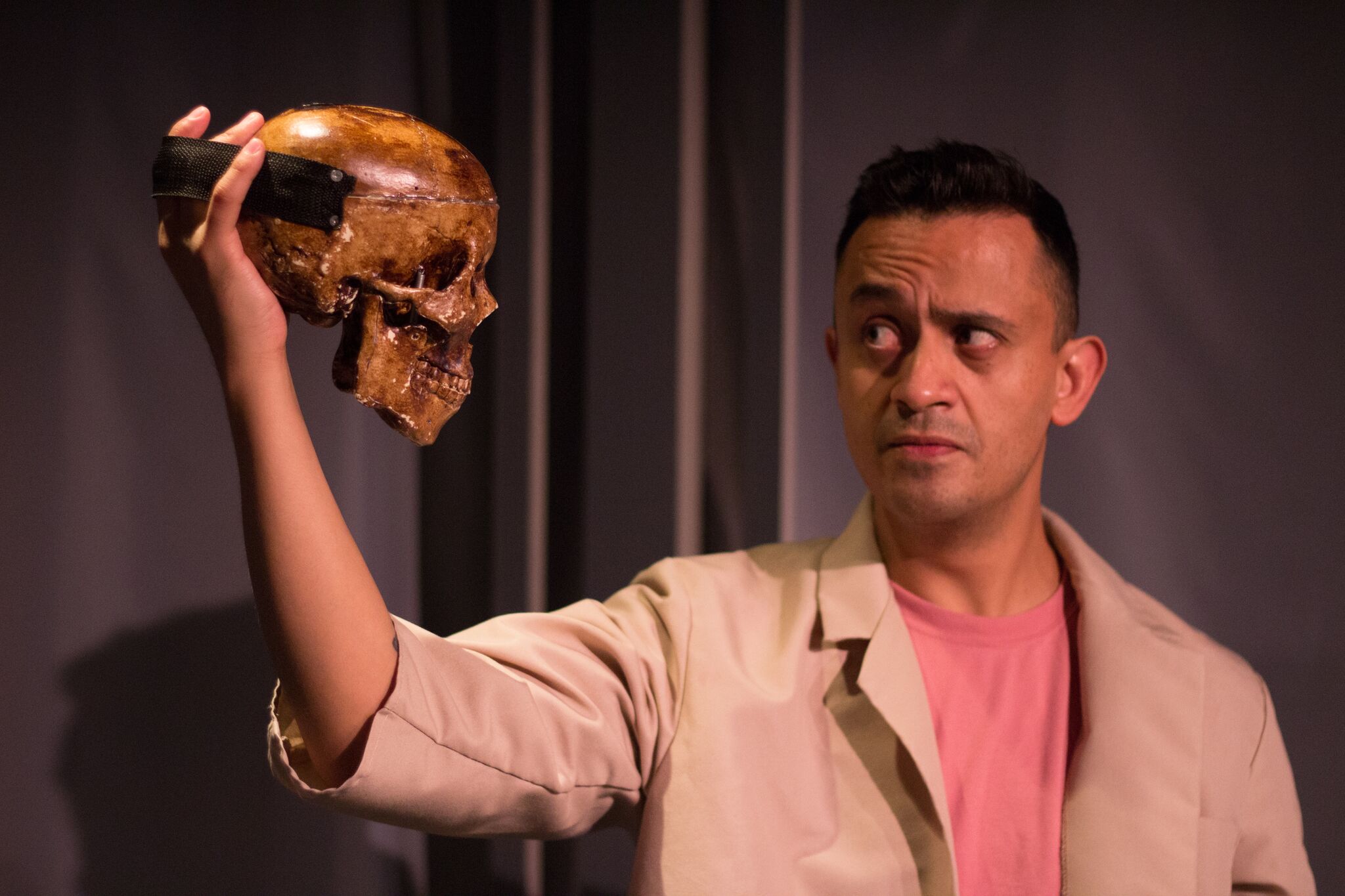
Who’s in your inner circle, and how do they support your work?
Personally, my family is tremendously supportive. My wife is also a writer and artist—a dancer/choreographer and dance scholar/author, so she understands the commitment. Our son is a composer and music teacher about to start a Ph.D. program. And our daughter may not view herself as an artist (though she’s a great photographer), but she’s very supportive of all of us. She even has a tattoo of a line from one of my plays, which I think I can list as my favorite production of all time.
Professionally, I’m in two groups for Boston playwrights: Write On, which is part of the production company Centastage; and Writers at Play, which meets at Boston Playwrights Theatre. In addition to our regular sessions, we’re generally really good about seeing one another’s work. And our regional Dramatists Guild Rep, Patrick Gabridge, is a champion of all Boston playwrights and creates and runs a lot of programs that provide support.
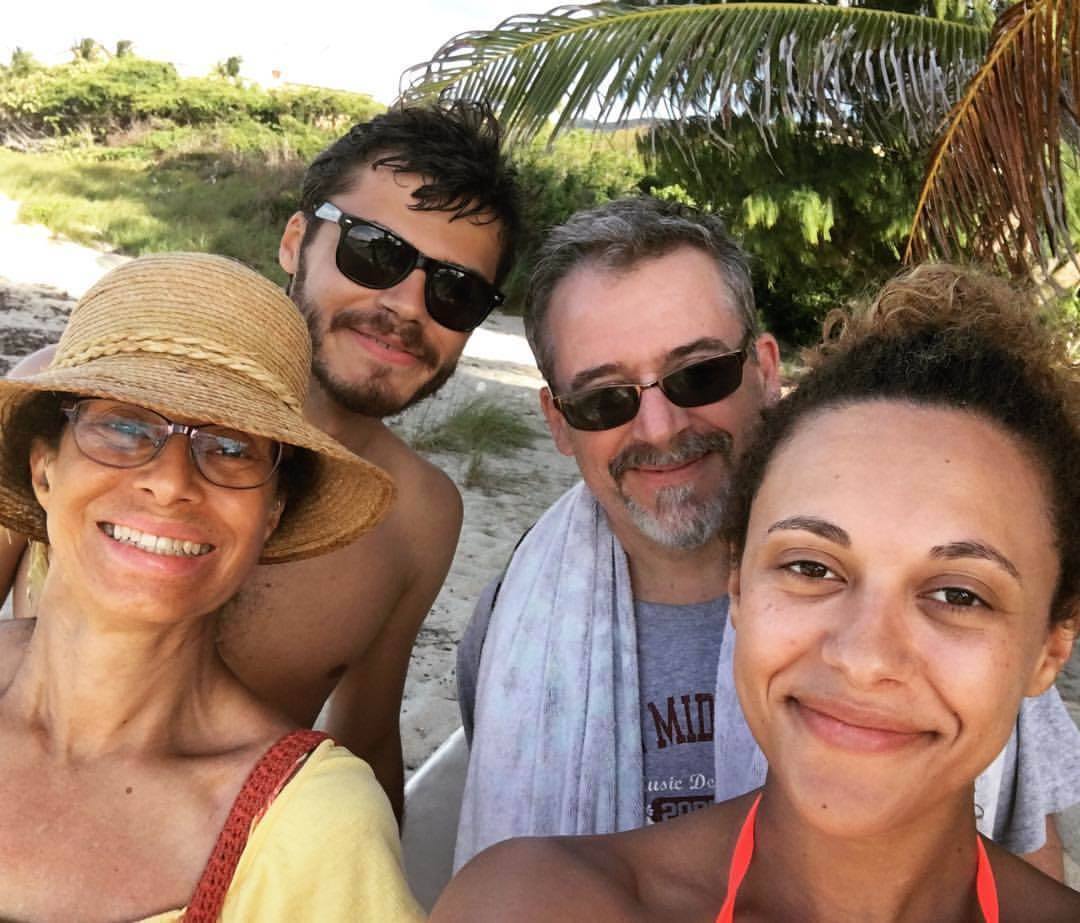
What art knocked your socks off recently? Could be a play — Or an album, a movie, an exhibit, a novel, anything! — What made you connect with the art and the artist’s work?
I saw it in 2017, I think, but Paula Vogel’s Indecent is still up there at the top of my list. It not only hit squarely my interest in the way the political impacts the personal, but the theatricality of the storytelling is just insanely inspiring, using all the elements of theater to move a mass of people sitting together in the dark through a powerful, important, hugely resonant story.
And getting my name drawn at random to be part of one of Paula Vogel’s “Boot Camps” in the summer of 2018 was a great launch to my post-drama-teacher life. That certainly knocked the other sock off.
What’s next on the horizon for your creative world?
I’m excited to get back to that “most awarded/never produced” play, which is getting (wait for it…) another reading, this time at Gloucester Stage. I think this will be reading number 16. But I’m that inflatable clown doll that keeps bouncing back up, certain that this time…
And, as mentioned above, I’m excited to get to work on the commissioned piece.
Any advice for someone just starting out in this art form?
Rejoice in your horrible first draft. It is exactly what it needs to be to get the process started, and it’ll open the door to all the good work that will follow.
How do you relax and unwind?
My daily pattern in summers when I was teaching full-time was to write in the morning, continue the 30-year-long-home-renovation project after lunch (relaxing for the mind), go for a run or walk before dinner, then read, play, or watch something at night. Now, I get to do that almost every day. At this point, to be honest, most of my life feels like relaxing/unwinding from being a one-person school theater department for so long,
Where can we find your work? Onstage, and to read?
Most of my plays are on the New Play Exchange, and there are links to some favorite videos of my work on my website, johnminigan.com. There is also a list of what’s coming up at the ‘On Stage’ page of the website.
Favorite dessert? Flower? Time of day? Dessert? What makes you happy?
I love the moment after the last class of the week, whether it was my full-time job or my current part-time gig. I think so many years teaching, in so many crowded rooms, has taught me to value those quiet moments to breathe, regroup and re-center. And if dark chocolate is also involved…
